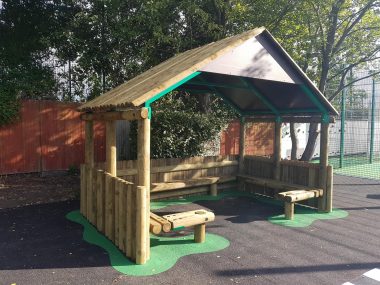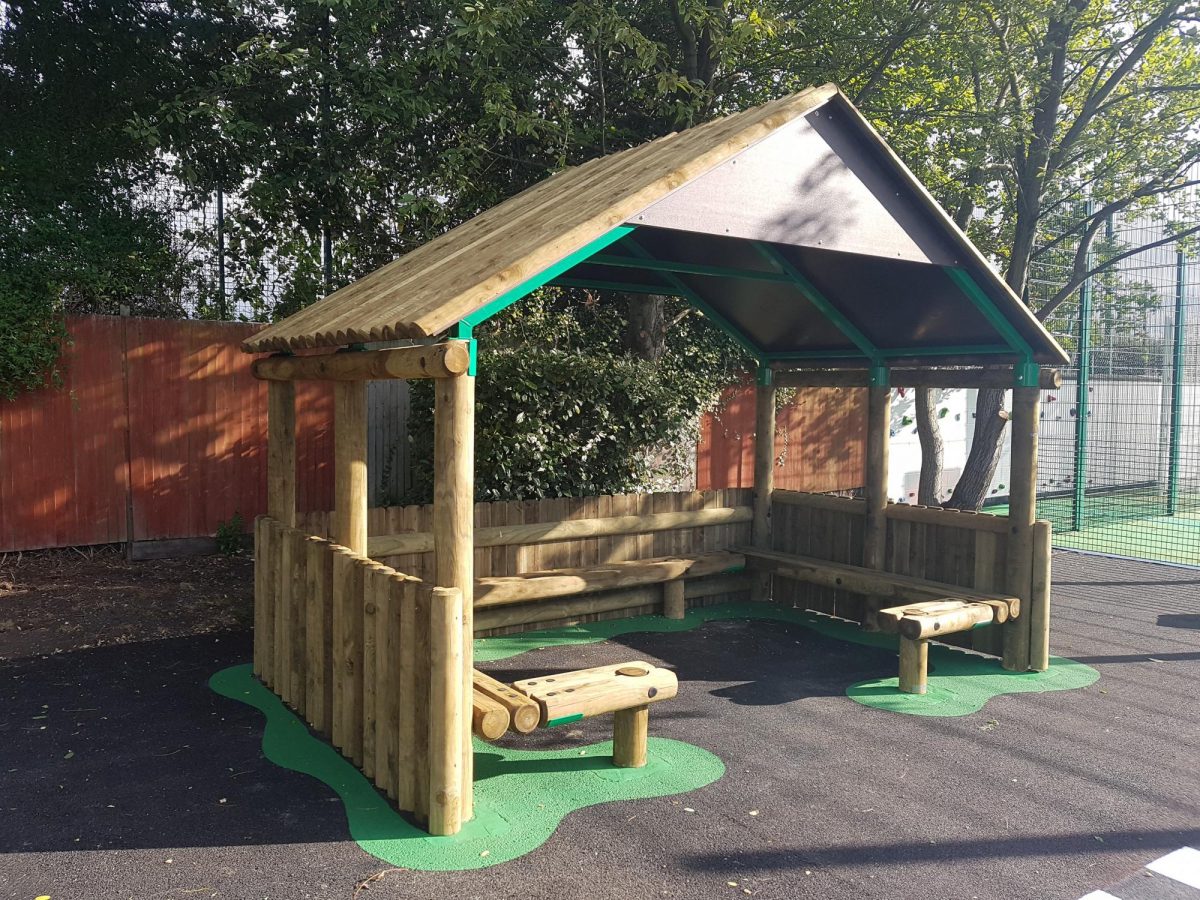HOW SCHOOL-AGE KIDS EXPRESS EMOTIONS

Learning Empathy Through Play
Playing with other children outside gives kids the opportunity to encounter different perspectives of children their age. When kids notice a difference in opinion between themselves and an adult, they may attribute it to the gap in age. When they see their peers expressing different opinions, they may grapple with why people they have similarities with think differently.
A child may try to understand why her friend doesn’t want to play on the slide. As a child grows, they can also start to understand that others have different abilities and preferences, like when a friend says he doesn’t like jumping rope because it hurts his lungs. When kids have a safe space to encounter different perspectives, they can grow their development of empathy.
Channeling Tall Tales Through Play
Imaginative play gives kids a chance to live out tall tales in a healthy manner. They can pretend they are pirates looking for treasure, and understand that when they play pretend, they get to live out fun adventures without lying. Their make-believe lets them exercise creative control over their lives without having to resort to lying to make a story sound interesting.
Experimenting With Independence Through Play
Play provides a controlled environment where a child can practice independence and learn about the consequences of their actions. For example, if a child promised she would swing with her friend and then decided to play cops and robbers, the child’s friend could express how she feels hurt and lonely because of the broken promise. The child could also think of creative solutions for the situation, such as asking her friend to play cops and robbers with her and their new friends. This choice could help the kids form closer friendships and learn that including people makes everyone feel happy.
CONTACT
Address: Waterfront Complex – Selby – North Yorkshire YO8 8AP Selby, North Yorkshire, the United Kingdom
Tel: 44 870 875 9383
Email: [email protected]






